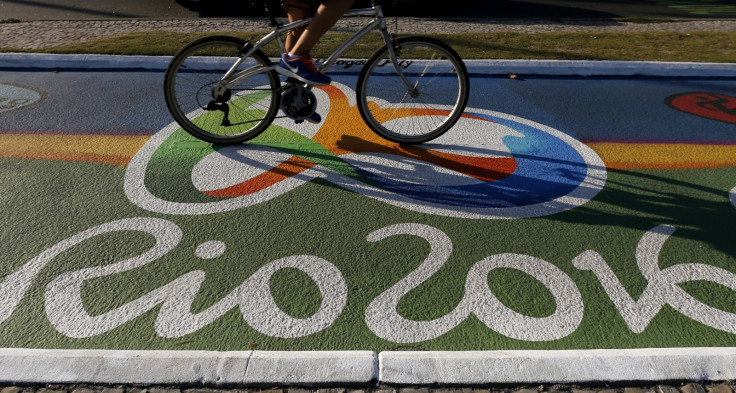Japan begins 8K broadcasts in time for Rio Olympics
No Super Hi-Vision TVs are on sale but there will be viewing stations across the country.

Japan's national broadcaster NHK has started daily broadcasts in 8K, a resolution which is four times higher than Ultra HD and contains 16 times as many pixels as Full HD. Called "Super Hi-Vision", the broadcasts have a resolution of 7680 x 4320, compared to regular HD which is just 1920 x 1080.
The new format also supports a 22.2 audio channels, which means 22 speakers and two subwoofers can each be fed a different slice of audio.
This is all well and good, but 8K is such an advanced technology that no televisions sets capable of showing it are even on sale yet. Manufacturers are only just convincing consumers to buy 4K "Ultra HD" sets, but here in the UK 4K broadcasts are few and far between, with only BT Sorts using the technology for a handful of Premier League matches so far.
NHK will initially use its 8K satellite channel to show pre-recorded content. This includes highlights from the London 2012 Olympic Games opening ceremony, footage from a Beethoven concert performed by Japanese conductor Seiji Ozawa, and a concert by Japanese pop star Kyary Pamyu.
Super Hi-Vision broadcasts run from 10am until 5pm daily, and can be viewed at a number of public viewing stations set up by NHK across Japan; the stations will also be used to show footage captured at the Rio Olympics, which starts on 5 August.
Although it will likely be many years before 8K televisions come to our homes, the technology has been around for some time. IBTimes UK first saw an 8K screen at the IFA technology show in Berlin in 2012. The 145in screen produced a resolution so high and a picture so sharp, that walking up to it felt like peering out of a window.
But while the UK struggles to get to grips with 4K, NHK has been at the forefront of television broadcasting for decades. The channel began HD broadcasts in the Eighties, whereas in the UK, Sky customers are still being charged a monthly premium to watch channels in HD some 30 years later.
© Copyright IBTimes 2025. All rights reserved.






















